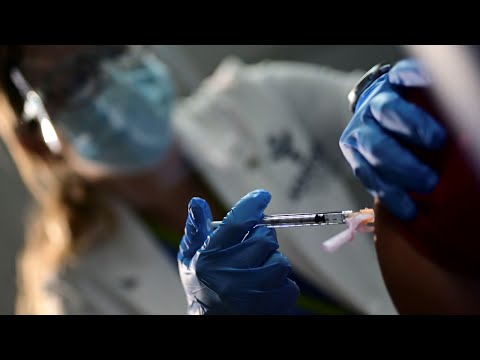LOS ANGELES, CA – A new strain of COVID-19 has been discovered in California and is proving to be more easily transmissible, capable of inflicting a greater degree of sickness, and is more resistant to current vaccines, according to reports.
According to Dr. Charles Chiu, co-study author and professor of laboratory medicine at the University of California San Francisco scientists, this new variant still possesses a great many unknowns, but it’s nonetheless something that medical professionals and the public should be taking seriously.
“I am worried, concerned but not panicking about this,” Chiu said to Fox News. “This is something that needs to be further investigated and I really think that at this point we don’t know enough to recommend any changes to the standard public health measures that we use to prevent infection. The devil is already here. I wish it were different. But the science is the science.”
According to the findings of Chiu’s team, the new California-bred COVID-19 strain could be anywhere from 19 percent to 24 percent more contagious; in addition, the new strain also appears to be more resistant to vaccines, which has some experts worried; testing indicates that neutralizing antibodies were approximately 50 percent less effective.
Reports indicate that doctors observing patients infected with the new strain noticed “increased severity of disease” and “increased risk of high oxygen requirement.” According to Chiu, the new strain could end up being responsible for up to 90 percent of California’s COVID cases by the end of February.
Previously, new COVID-19 strains – reportedly with higher degrees of transmission than the original – have appeared in and spread from the United Kingdom and South Africa.




Comments are closed.